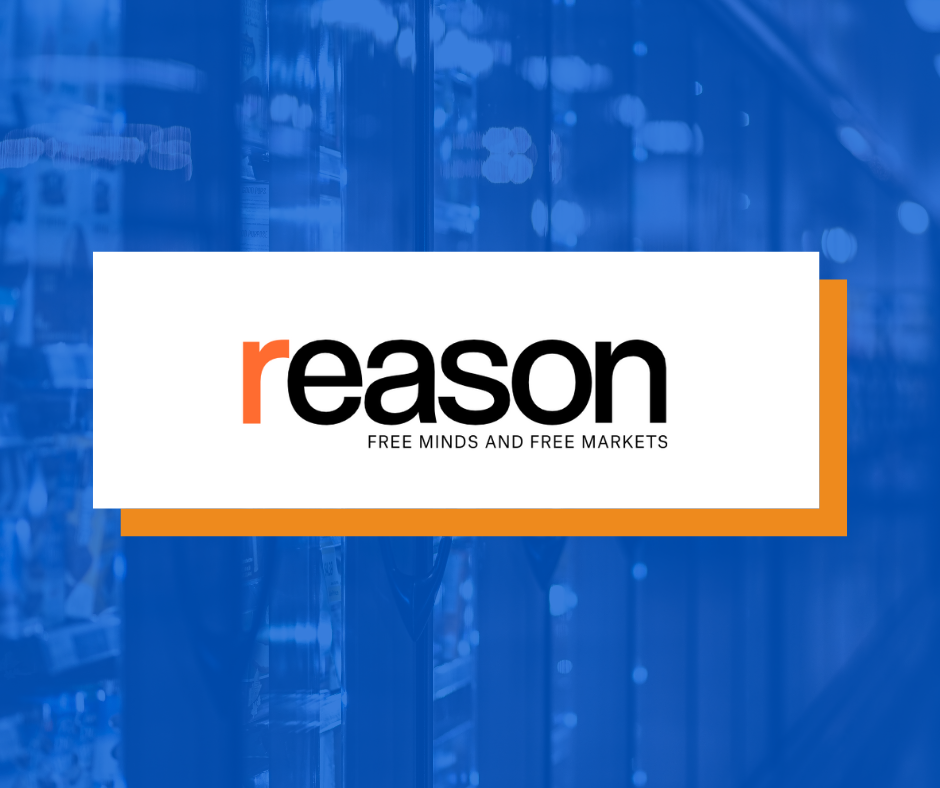The Nov. 24 South Jersey Times editorial headlined “COVID and PFAS: A match not made in heaven” argues that exposure to PFAS, a class of man-made chemicals, potentially reduces the effectiveness of COVID-19 vaccines and calls on New Jersey to further assess the risks associated with these chemicals.
While a clean-drinking-water approach to PFAS is appropriate, the debate is far more nuanced than represented in the editorial.
It is true that when dumped into water supplies or used beyond threshold amounts, PFAS do pose a considerable danger to our health and well-being. Some individual chemicals do require regulations or potentially bans, but that alone is not sufficient to justify a blanket ban, something now being attempted at the federal level.
PFAS are a group consisting of 4,500 to 6,000 chemicals. Because of their liquid resistance and surface tension lowering properties, PFAS are key to producing many consumer products and lifesaving medical equipment. PFAS products ensured the durability and reduced contamination from COVID-19 protective equipment, too.
The use of PFAS has dropped, thanks to self-regulation by manufacturers. The presence of PFAS in the bloodstreams of Americans has decreased, and industrial releases have declined as well.
Banning all of these chemicals will only shift PFAS production, most likely, to China. That said, we need a careful evaluation of PFAS. Demonizing these chemicals as a group doesn’t help anyone, and implying that they might reduce vaccine efficacy without evidence is a huge disservice to readers.
Originally published here




